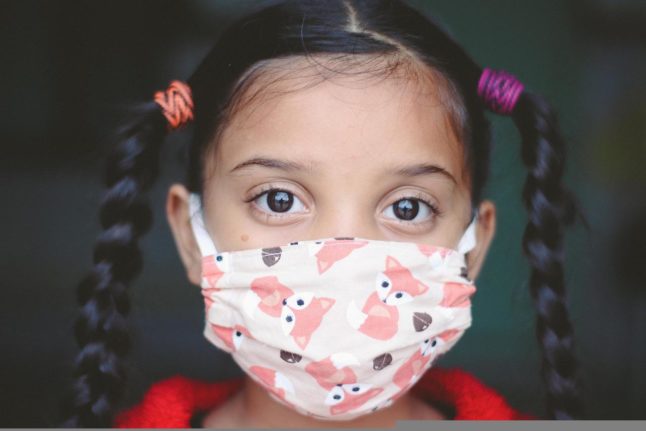While the new wave has not been expected to hit before fall or winter, Swiss health officials now say 15 percent of Swiss population — more than 1 million people — could catch the virus before then.
This is a large number, considering that a total of 3.7 million people in Switzerland got infected since the beginning of the pandemic on February 24th, 2020.
“More than 80,000 new contaminations per week” are expected in the next two months, according to Tanja Stadler, the former head of the Covid-19 Task Force — much more than during the past two summers, when the rate of infections slowed down.
At the moment, the Federal Office of Public Health (FOPH) reports 24,704 new cases in the past seven days — double of what it was in April.
“The numbers are expected to continue to rise. Note that most of infected people will not be tested, so the number of confirmed cases will be smaller on paper than in reality”, Stadler added.
Although according to FOPH, nearly all cases in Switzerland (99 percent) are caused by Omicron and its sub-variants, which are less severe that the original Covid viruses, “more vulnerable people are likely to end up in hospital, and long Covid cases are also likely to rise”, she said.
Stadler also noted that Omicron virus can’t be compared with the flu, “because we observe long-term consequences much more often during an infection with Omicron than during the flu. Also, Covid can trigger very large waves, even in summer, while large flu outbreaks are rare at this time of year”.
There is, however, some positive news.
“The most recent data shows that 97 percent of the adult population in Switzerland has antibodies against Covid thanks to vaccinations and previous infections”, Stadler said.
Also, “in the long term, things will stabilise. But in the years to come, there will probably be waves in the summer too”.
READ MORE: UPDATE: When will Switzerland roll out second Covid boosters?



 Please whitelist us to continue reading.
Please whitelist us to continue reading.
Member comments